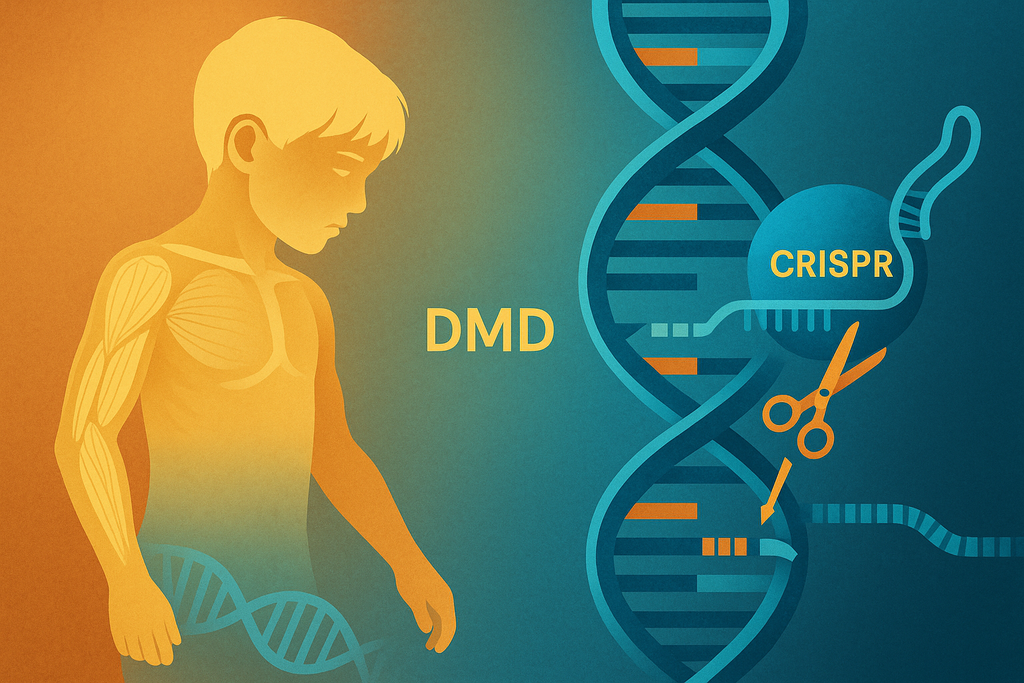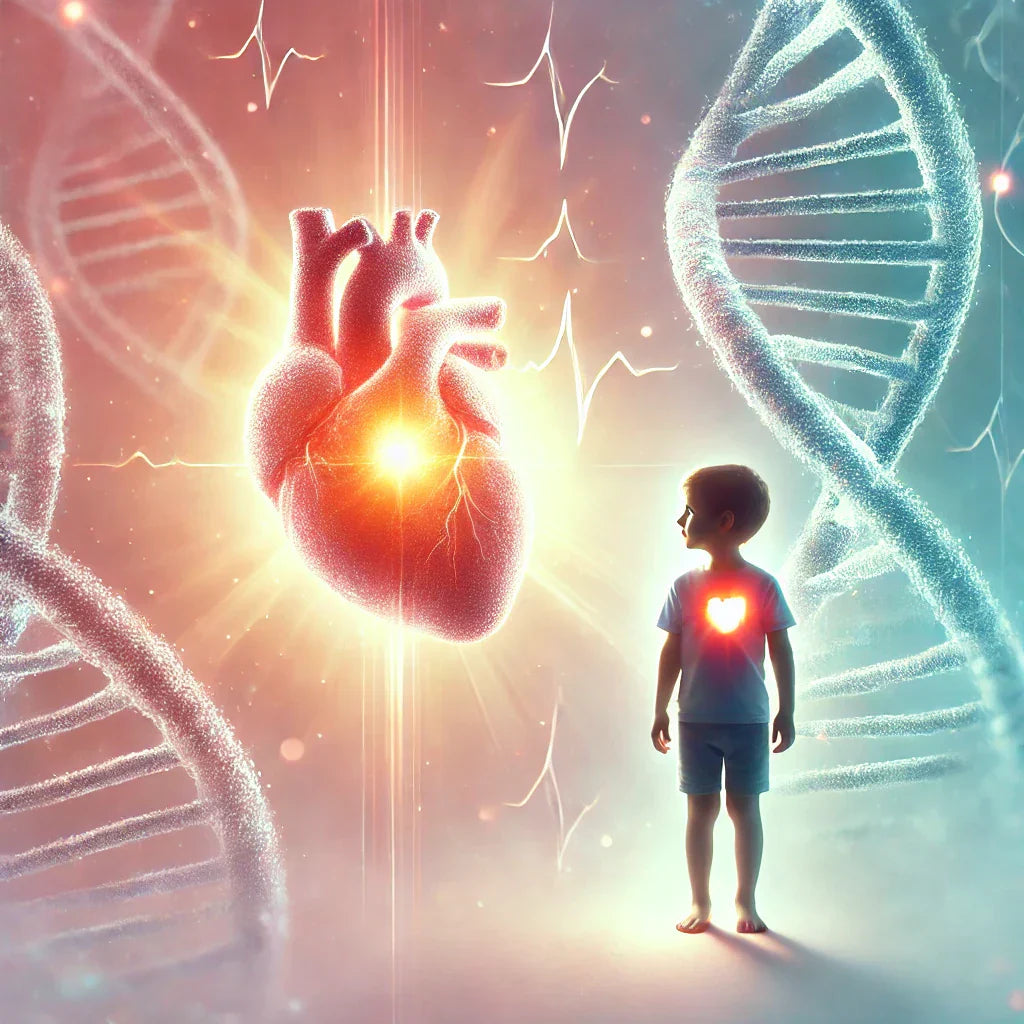News — rare disease research
CRISPR’s Blueprint for Hope: Editing the Future of Duchenne Muscular Dystrophy
biotechnology Cas9 CRISPR CRISPR breakthroughs CRISPR clinical trials CRISPR for DMD DMD treatment Duchenne muscular dystrophy dystrophin gene ethical gene editing exon skipping FDA CRISPR trials gene editing gene repair genetic disorders genetic mutation treatment genetic therapy muscle gene therapy personalized medicine rare disease research
For decades, Duchenne muscular dystrophy (DMD) has been a devastating diagnosis. Affecting roughly 1 in 3,500 boys worldwide, this rare genetic disorder gradually strips away muscle strength, leading to loss of mobility, cardiac failure, and shortened life expectancy. Despite years of research, effective long-term treatments have remained elusive—until now. Enter CRISPR, a revolutionary gene-editing technology that offers a glimmer of hope by rewriting the very blueprint of life.
CRISPR, short for “Clustered Regularly Interspaced Short Palindromic Repeats,” is transforming how scientists approach inherited diseases. For DMD, CRISPR offers a potentially curative path by targeting the underlying genetic mutation in the dystrophin gene. As clinical trials unfold, researchers and families alike are watching closely, fueled by cautious optimism. This article explores how CRISPR is shaping the future of DMD treatment, the ethical and technical challenges ahead, and what it means for a new era of personalized medicine.
Living with Progeria: Daily Challenges, Support, and New Research Insights
accelerated aging childhood progeria emotional challenges gene therapy Hutchinson-Gilford Progeria Syndrome inspiring progeria stories living with progeria LMNA mutation lonafarnib medical breakthroughs progeria progeria advocacy progeria awareness progeria clinical trials progeria diagnosis progeria symptoms progeria treatment rare disease research rare genetic disorders support for rare diseases
Progeria, also known as Hutchinson-Gilford Progeria Syndrome (HGPS), is one of the rarest and most heart-wrenching genetic conditions in the world. Affecting approximately 1 in 20 million people globally, this accelerated aging disorder dramatically impacts the lives of those diagnosed—most often during early childhood. Despite the grim nature of its symptoms, individuals with progeria demonstrate remarkable resilience, determination, and spirit.
Though medical science has made significant strides in understanding progeria, challenges in treatment and care remain. This article explores what it’s truly like to live with progeria—from the daily physical and emotional obstacles to the most recent advancements in research and support networks available for families. If you're seeking a deeper understanding of this condition and hope for the future, you’re in the right place.


